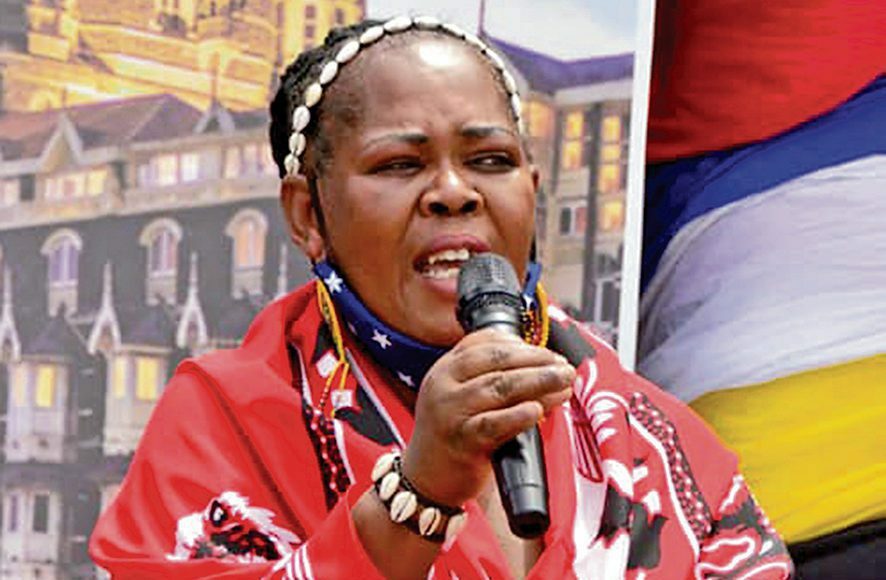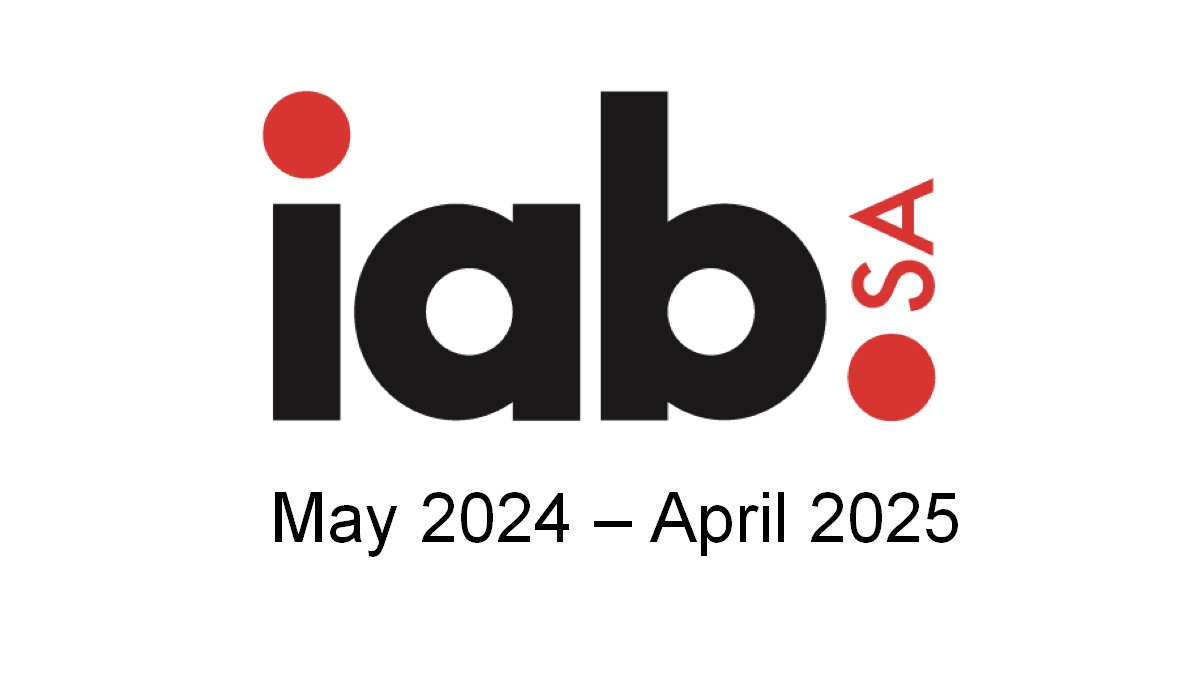Lobola under scrutiny: African cultural experts and cultural activists want the practice to be adjusted and standardised, writes Sandile Motha.
Johannesburg – KwaZulu-Natal has assembled a panel of cultural activists and indigenous knowledge systems experts who will deliberate on how lobola and other cultural practices can be adjusted to represent foundations of African culture and rekindle the original ancestral belief systems.
The campaign is spearheaded by Dr Nomagugu Ngobese, respected cultural activists and founder of Nomkhubulwane Culture and Youth Development Organisation that promotes among other things virginity testing and moral regeneration.
“As cultural activists and proponents of Africanism, we feel that the noble idea of ukulobola has been misused by some families as a mechanism to amass wealth. This is against the ideals and foundations of our African culture and indigenous belief systems that are founded on the values of Ubuntu. This panel wants to rekindle these African traditional norms and standards,” explained Ngobese.
Have you read: Assassinations of traditional leaders escalate
Lobola is a bride price often paid through offering money or cows to the bride’s family in the African culture. Ngobese told Sunday World this week that it has been accepted for families to charge more than R70 000 for lobola, saying this was in contrast with the African proverb “Umuntu akathengwa njengempahla” (You cannot purchase a person; she’s not a commodity).
“Historically, there is no set price for lobola. In the olden days, a groom’s family would offer anything ranging from goats or gifts as lobola, giving the green light for the couple to get married. Lobola was imposed by the British captain-general of the native levies, Theophilus Shepstone, on African indigenous people by passing a law that said a woman should be offered 11 cows for lobola,” said Ngobese.
She said the panel comprising historians and indigenous knowledge systems scholars wants to hatch a new standardised system for lobola.
“The exorbitant price for lobola creates problems and hinders mostly young couples from getting married and choosing to cohabitate instead. This must be adjusted in order to allow these couples to raise their children together and contribute towards moral regeneration and better communities,” she said.
Also read: SIU seizes millions from Royal Bhaca and Ledla Structural Developments
The panel will also look into ukuthwala in order to prevent paedophiles from hijacking the cultural practice. Recently, the practice came under scrutiny after the soaring number of incidents where older men abducted underage girls, forcing them into marriage under the pretence of ukuthwala.
These incidents are prevalent in KwaZulu-Natal and the Eastern Cape. It will also consider the proposal to change the province’s name to KwaZulu.
The recommendations of the panel will be submitted to King Zwelithini for his input and consideration.
Professor Jabulani Maphalala, a respected historian and academic, said the move was long overdue.
“I’ve always said Natal had no significance in the history of indigenous people and instead reminded us of the painful past of land dispossession. I even raised many questions about the changing of 24 September from being Shaka’s Day to Heritage Day,” said Maphalala.
Follow @SundayWorldZA on Twitter and @sundayworldza on Instagram, or like our Facebook Page, Sunday World, by clicking here for the latest breaking news in South Africa. To Subscribe to Sunday World, click here.
Sunday World




